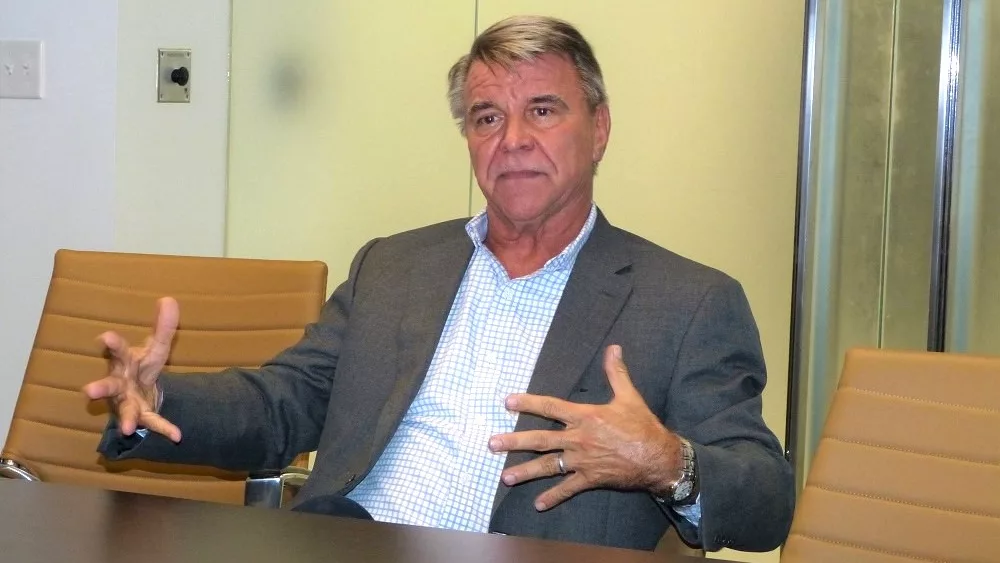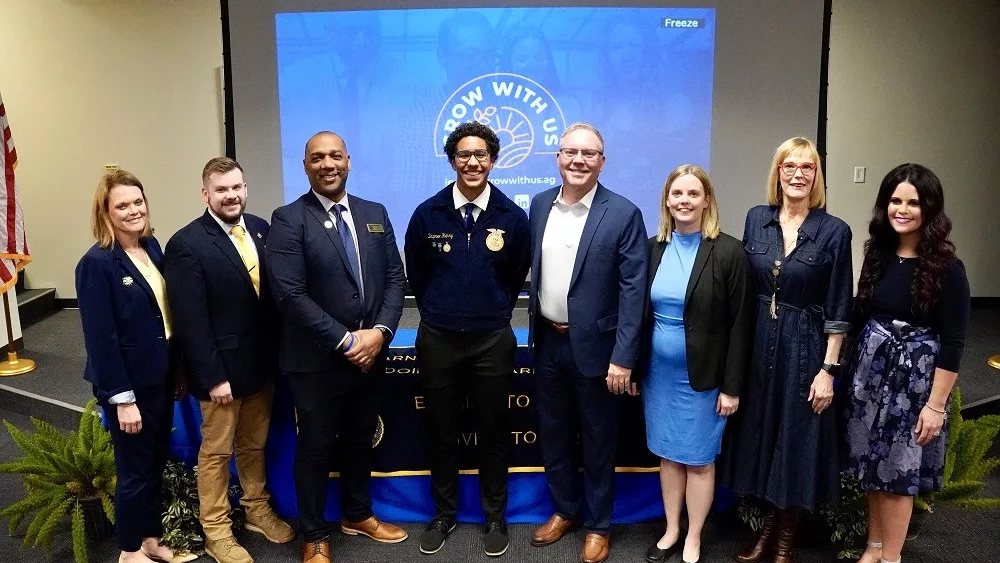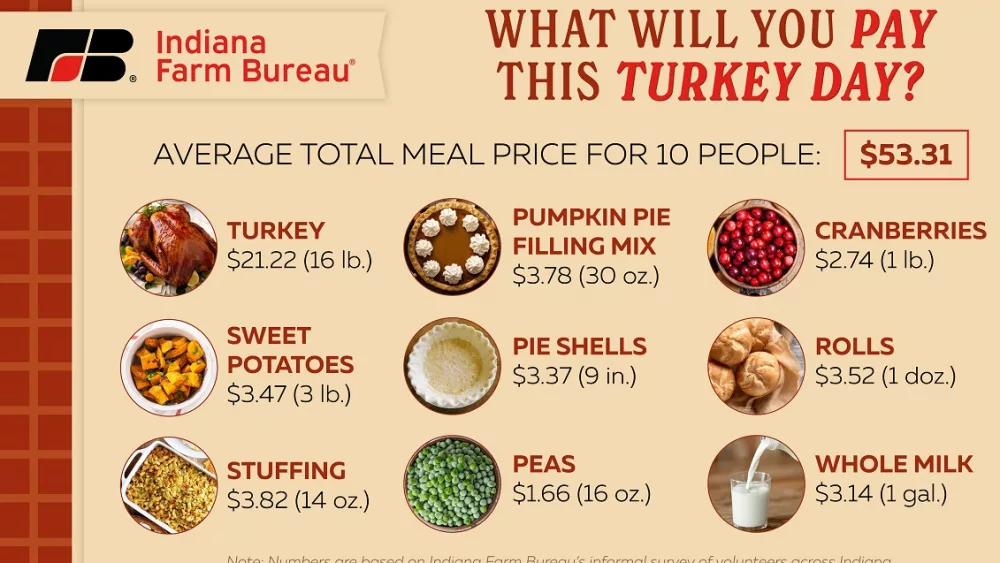Republicans will be in charge of the White House, the Senate, and we’re still waiting for sure, but it sure looks like the House too. We discussed the impact that would have on agriculture with some special guests on the latest edition of the Indiana Ag Policy Podcast, including former Deputy Secretary of Agriculture Chuck Conner from Benton County, Indiana.
If the House should fall to the Republicans as well, Conner, president & CEO of the National Council of Farmer Cooperatives, says that the implications would be dramatic.
“Extending our current tax policy, which is pretty favorable policy for estates, for farms, for LLCs, corporations, pretty favorable. With Trump, and now control of the House and the Senate being Republicans, it’s almost certain that those tax provisions, that all expire next year, are going to get extended. And I think generally, most people would say that’s pretty good news for American agriculture and for agribusiness.”
Conner believes a major win for farmers under Republican leadership relates to regulatory issues.
“My phone rings off the hook every day from people complaining about regulatory overreach, whether that’s Environmental Protection Agency, Department of Labor, it just seems like there’s a constant onslaught. I think you can safely say that when Trump takes office, regulatory overreach is going to stop- period.”
One area of great concern that might be more difficult to tackle is farm labor.
“We’ve been working on that for a very, very long time, unsuccessfully. I think our chances of solving some of those labor problems in a Republican controlled body gets a little bit more challenging, because it does interact with all of our border control issues and the like, and that’s just going to be a lot stickier probably with the Republicans in charge than had it been a different set of circumstances.”
Hear more from Benton County native Chuck Conner on the Indiana Ag Policy Podcast below or wherever you listen to podcasts. And congratulations to Chuck on his retirement! He just announced he’ll be retiring from the National Council of Farmer Cooperatives effective at the end of 2025.





